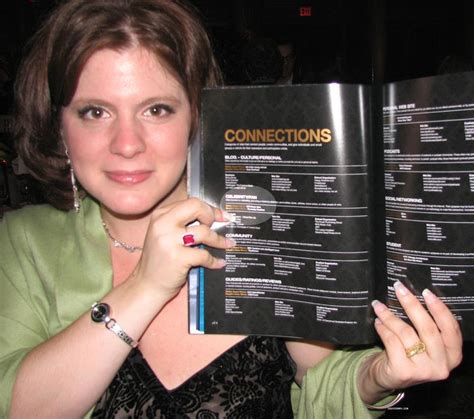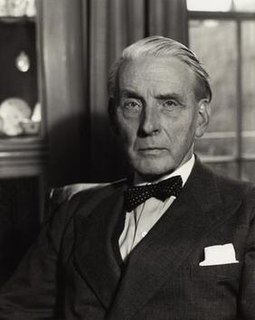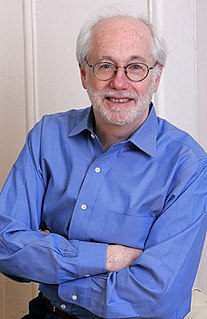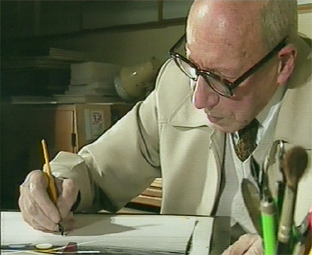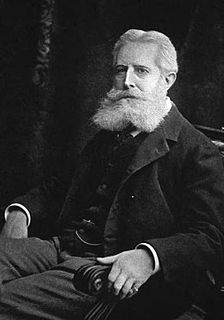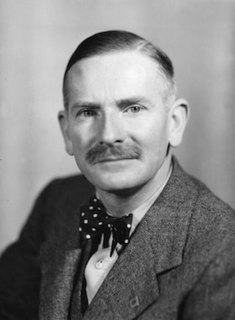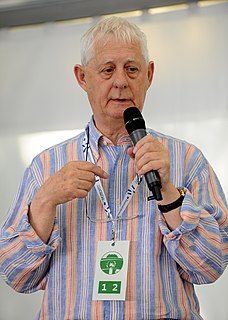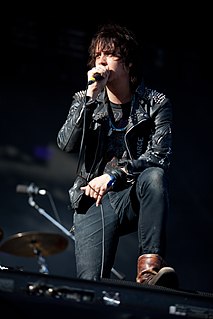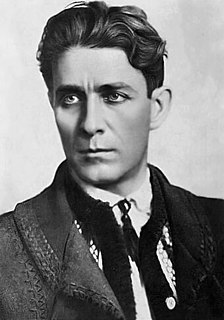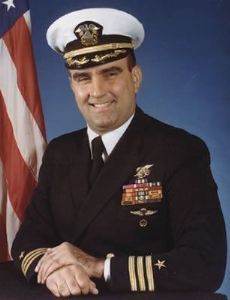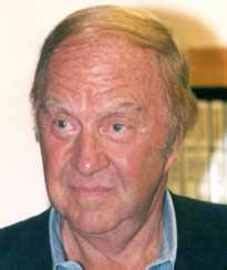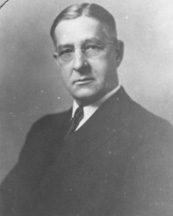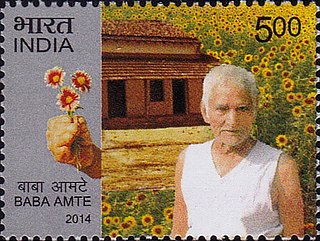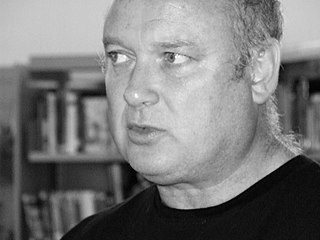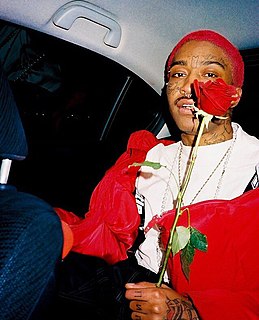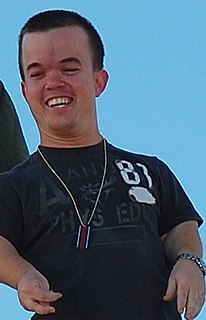Top 1200 Dies Quotes & Sayings - Page 2
Explore popular Dies quotes.
Last updated on April 19, 2025.
The first act by virtue of which the State really constitutes itself the representative of the whole of societythe taking possession of the means of production in the name of societythis is, at the same time, its last independent act as a State. State interference in social relations becomes, in one domain after another, superfluous, and then dies out of itself; the government of persons is replaced by the administration of things, and by the conduct of processes of production. The State is not abolished. It dies out.
What does she (J. K. Rowling) hope people will take with them about this time? “When all the fuss and hoopla dies away, and when all the press commentary dies away, I think it will be seen that this phenomenon was generated, in the first instance, by kids loving a book. A book went on shelves, and a few people loved it. When all of the smoke and lights die away, that’s what you’ll be left with. “And that’s the most wonderful thought for an author.
It is not by great acts but by small failures that freedom dies. The sense of justice dies slowly in a people. They grow used to the unthinkable, and sometimes they may look back and even wonder when things changed. They will not find a day or a time or a place. Justice and liberty die quietly, because men first learn to ignore injustice and then no longer recognize it.
But who does not see that the work goes beyond the one who created it? It marches before him and he will never again be able to catch up with it, it soon leaves his orbit, it will soon belong to another, since he, more quickly than his work, changes and becomes deformed, since before his work dies, he dies.
Eating, drinking, dying - three primary manifestations of the universal and impersonal life. Animals live that impersonal and universal life without knowing its nature. Ordinary people know its nature but don't live it and, if they think seriously about it, refuse to accept it. An enlightened person knows it, lives it, and accepts it completely. He eats, he drinks, and in due course he dies - but he eats with a difference, drinks with a difference, dies with a difference.
Life cannot be cut off quickly. One cannot be dead until the things he changed are dead. His effect is the only evidence of his life. While there remains even a plaintive memory, a person cannot be cut off, dead. And he thought, “It’s a long slow process for a human to die. We kill a cow, and it is dead as soon as the meat is eaten, but a man’s life dies as a commotion in a still pool dies, in little waves, spreading and growing back toward stillness.
They say love dies between two people. That’s wrong. It doesn’t die. It just leaves you, goes away, if you aren’t good enough, worthy enough. It doesn’t die; you’re the the one that dies. It’s like the ocean: if you’re no good, if you begin to make a bad smell in it, it just spews you up somewhere to die. You die anyway, but I had rather drown in the ocean than be urped up onto a strip of dead beach and be dried away by the sun into a little foul smear with no name to it, just this was for an epitaph
As long as you think of your real self as the person you are, then of course you're going to be fearful of death. But what is a person? A person is a pattern of behavior, of a larger awareness. You know, the two-year-old dies before the three-year-old shows up, the three-year-old dies before the teenager shows up.
No good thing is ever lost. Nothing dies, not even life which gives up one form only to resume another. No good action, no good example dies. It lives forever in our race. While the frame moulders and disappears, the deed leaves an indelible stamp, and molds the very thought and will of future generations.
When an unbaked pot is broken, the potter can use the mud to make a new one; but when a baked one is broken, he cannot do the same any longer. So when a person dies in a state of ignorance, he is born again; but when he becomes well baked in the fire of true knowledge and dies a perfect man, he is not born again.
We live in a world, it's very hard for Americans to understand that every 20 seconds a kid dies, a kid under the age of five, right, dies somewhere on the Earth because of lack of access to clean water and sanitation. Every 20 seconds that happens on our planet. It's just very hard for us to relate to.
From cradle to grave this problem of running order through chaos, direction through space, discipline through freedom, unity through multiplicity, has always been, and must always be, the task of education, as it is the moral of religion, philosophy, science, art, politics and economy; but a boy's will is his life, and he dies when it is broken, as the colt dies in harness, taking a new nature in becoming tame.
Hazel has to realize that her mom was wrong when she said, “I won’t be a mother anymore.” The truth is, after Hazel dies (assuming she dies), her mom will still be her mom, just as my grandmother is still my grandmother even though she has died. As long as either person is still alive, that relationship survives. (It changes, but it survives.)
A leader who accepts the outside financing of his movement is like the man who accustoms his body to live on medication. To the extent an organism is administered medication, to the same extent it is condemned to being unable to react on its own. Moreover, when it is deprived of the medication, it dies; it is at the mercy of the pharmacist! Likewise, a political movement is at the mercy of those who finance it. These could cease their financing at any given moment and the movement, unaccustomed to living on its own, dies.
When you fight, you don't fight for abstract values like the flag, or the nation, or democracy. You fight for your buddy. You fight to keep him alive, and he fights to keep you alive, and you go on that way, day after day, battle after battle. And when one of your buddies dies, something inside you dies as well. But you go on. You fight, so that his death isn't meaningless, his sacrifice isn't for nothing.
Some critics of racing witlessly claim that spectators only attend to see someone die. This is utter and complete nonsense. I have been at numerous races where death is present. When a driver dies, the crowd symbolically dies, too. They come to see action at the brink: ultimate risk taking and the display of skill and bravery embodied in the sport's immortals like Nuvolari, Foyt, and thousands of others who operate at the ragged edge.
Weakness is a great thing, and strength is nothing. When a man is just born, he is weak and flexible. When he dies, he is hard and insensitive. When a tree is growing, it's tender and pliant. But when it's dry and hard, it dies. Hardness and strength are death's companions. Pliancy and weakness are expressions of the freshness of being. Because what has hardened will never win.
Well, in that hit you miss. She'll not be hit With Cupid's arrow. She hath Dian's wit, And, in strong proff of chastity well armed, From Love's weak childish bow she lives uncharmed. She will not stay the siege of loving terms, Nor bide th' encounter of assailing eyes, Nor ope her lap to saint-seducing gold. O, she is rich in beauty; only poor That, when she dies, with dies her store. Act 1,Scene 1, lines 180-197
In deference to such spectacular carnage it is perhaps perverse to dwell upon one person's death, but we are creatures so constituted that the passing of one friend or one acquaintance has a profounder effect that that of 100,000 strangers. If there is any metaphorical truth in the Jewish proverb that he who saves one life saves the whole world, then there is equal metaphorical truth in the proposition that when one person dies, the whole world dies with them.
Casey Maddox wrote that when philosophy dies, action begins. I would say in addition that when we stop hoping for external assistance, when we stop hoping that the awful situation we're in will somehow resolve itself, when we stop hoping the situation will somehow not get worse, then we are finally free - truly free - to honestly start working to thoroughly resolve it. I would say when hope dies, action begins.



